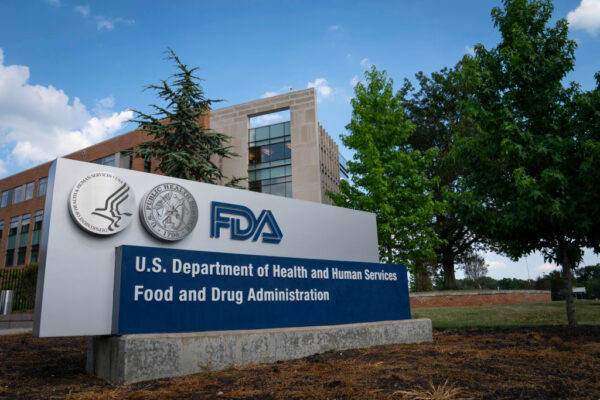
The Trump administration’s latest effort to lower drug costs is expanding to biosimilars, medications that are highly similar to biologic medications made with or isolated from living organisms such as cells. Just as a generic drug is a less expensive version than a brand name product, biosimilars are lower-cost versions of complex biologic medicines. But there are key differences in how these medicines are tested and reviewed.
Generic medications, such as small molecules formulated as pills, only need to show bioequivalence to the reference product, the original drug. No clinical trials are required to support an FDA submission. Since the first biosimilar won FDA approval in 2015, these drugs have needed to go through clinical testing to show comparable efficacy to the original product. Comparative efficacy studies (CES) are lengthy and expensive. According to the FDA, these tests can take up to three years at the average cost of $24 million. The time a biosimilar spends in these studies is time that patients need to continue taking a more expensive brand name biologic.
The FDA on Wednesday announced draft guidance to reduce what it characterizes as “unnecessary clinical testing” of biosimilars. In place of these studies, the regulator proposes allowing biosimilar manufacturers to use analytical testing. In the draft guidance, the FDA said the agency has gained significant experience in evaluating analytical differences between proposed biosimilars and their reference products as well as understanding of the impact those differences have on a product’s clinical performance.

Transforming Clinical Content with Ambient & Generative AI
Sheila Bond, MD, talked about the latest trends regarding integration of AI in healthcare.
“Moreover, currently available analytical technologies can structurally characterize highly purified therapeutic proteins and model in vivo functional effects with a high degree of specificity and sensitivity using in vitro biological and biochemical assays,” the guidance states. “A comparative analytical assessment (CAA) is generally more sensitive than a CES to detect differences between two products, should any exist, that may preclude a demonstration of biosimilarity.”
Some biosimilars undergo a “switching study,” an additional clinical trial intended to show switching from the reference product to the biosimilar does not raise safety risks or diminish efficacy. These studies are conducted for drugs that need to demonstrate interchangeability with a branded product. Biosimilar insulins are examples of products that go through interchangeable studies. Interchangeability tests are not required for generic medicines. In Wednesday’s announcement, the FDA said these additional tests can slow development and create public confusion about a biosimilar’s safety. The regulator now says it generally does not recommend switching studies.
A faster regulatory path for biosimilars could have a big financial impact for patients. Biologic drugs include the pricey AbbVie immunology medication Humira, which at its peak was the most prescribed and most expensive drug on the market. Lower cost Humira biosimilars launched in 2023. The FDA calculates that biologic drugs make up only 5% of U.S. prescriptions but account for 51% of total drug spending as of 2024.
To date, the FDA has approved 76 biosimilars. Only about 10% of biologic drugs expected to lose patent protection in the next decade currently have a biosimilar in development, the FDA said. In the FDA announcement, Commissioner Marty Makary said biosimilars offer the promise to significantly lower health care costs.

Integrating GLP-1s: How Berry Street is Redefining Nutrition Care
Richard Fu details the company's approach to nutrition therapy and strategy for patients using GLP-1s.
“By streamlining the biosimilar development process and helping advance interchangeability, we can achieve massive cost reductions for advanced treatments for cancer, autoimmune diseases, and rare disorders affecting millions of Americans,” Makary said.
The draft guidance, “Scientific Considerations in Demonstrating Biosimilarity to a Reference Product: Updated Recommendations for Assessing the Need for Comparative Effectiveness Studies,” is open for comment for the next 60 days. Electronic comments may be submitted here.
The FDA’s biosimilar announcement follows an initiative the agency has introduced for generic medicines. In early October, Makary announced a pilot program that permits faster regulatory review for generics whose bioequivalence testing is conducted in the U.S. Eligible drugs also must be manufactured in the U.S. using domestically sourced active pharmaceutical ingredients.
Photo: Getty Images, Sarah Silbiger






